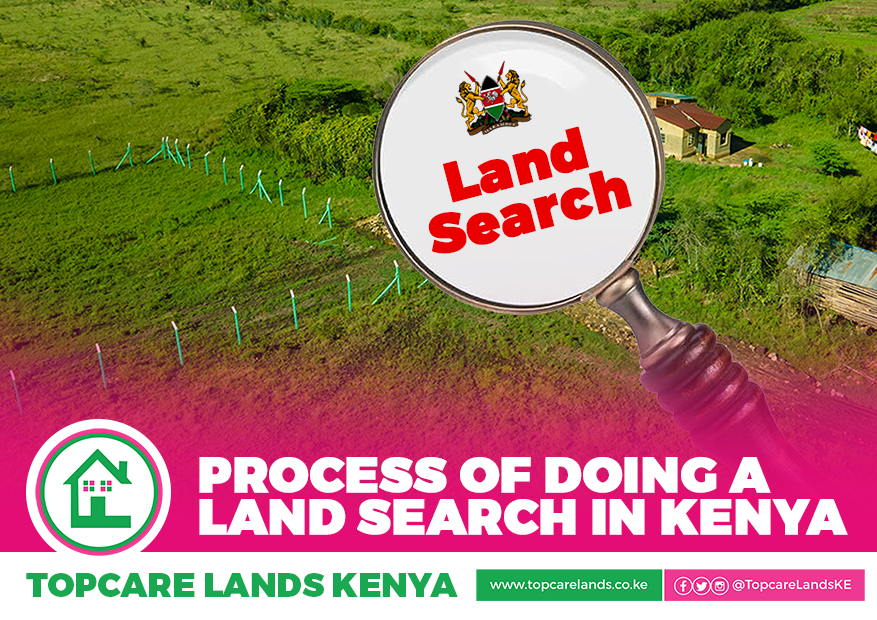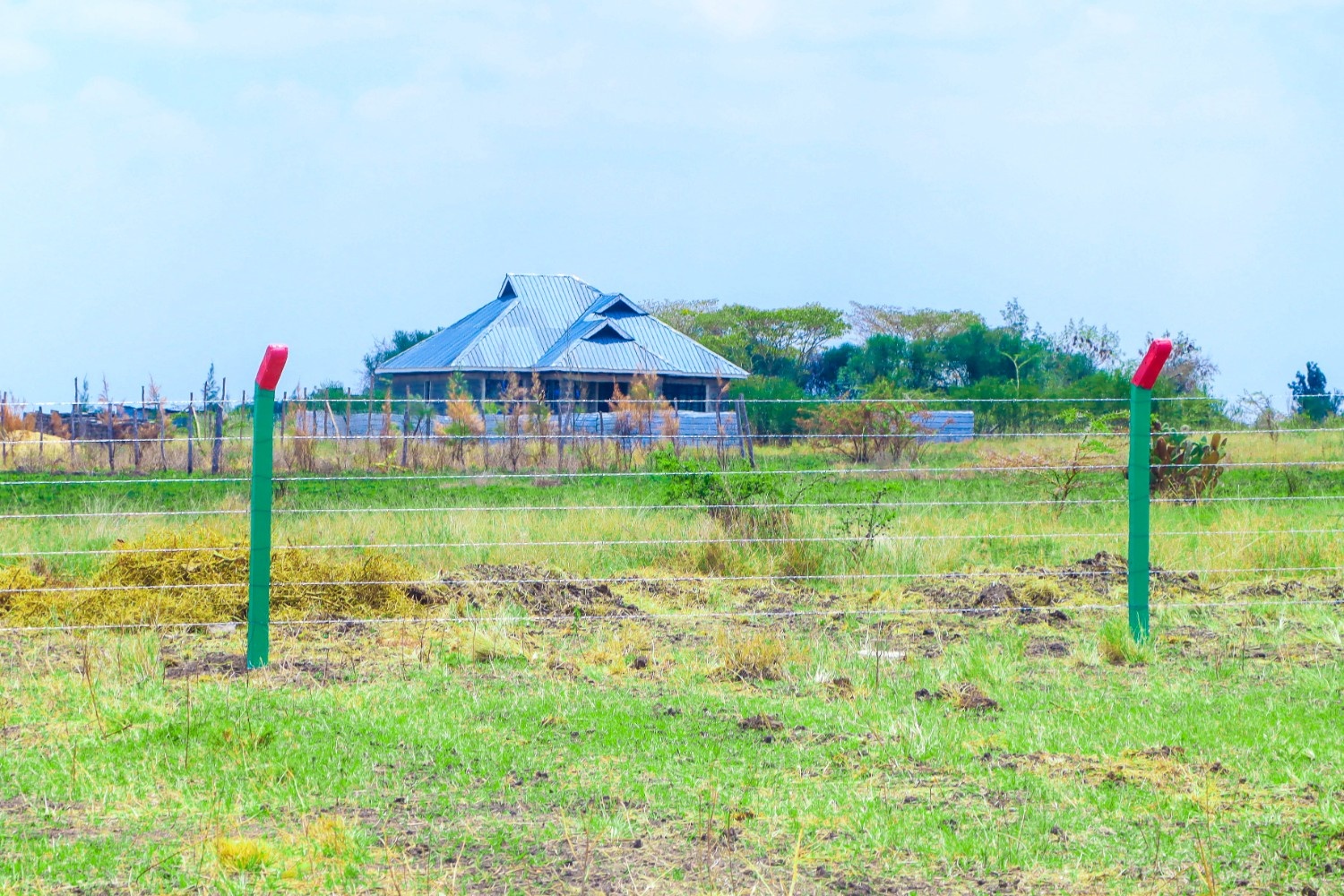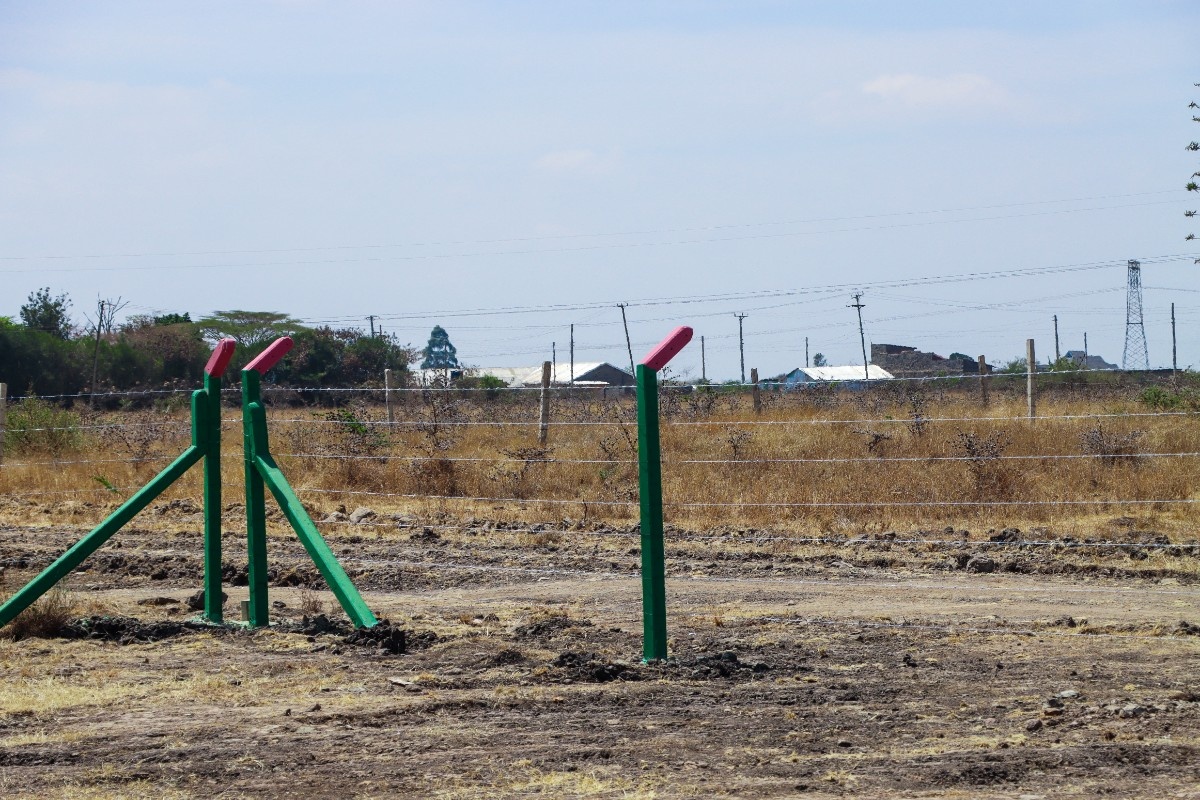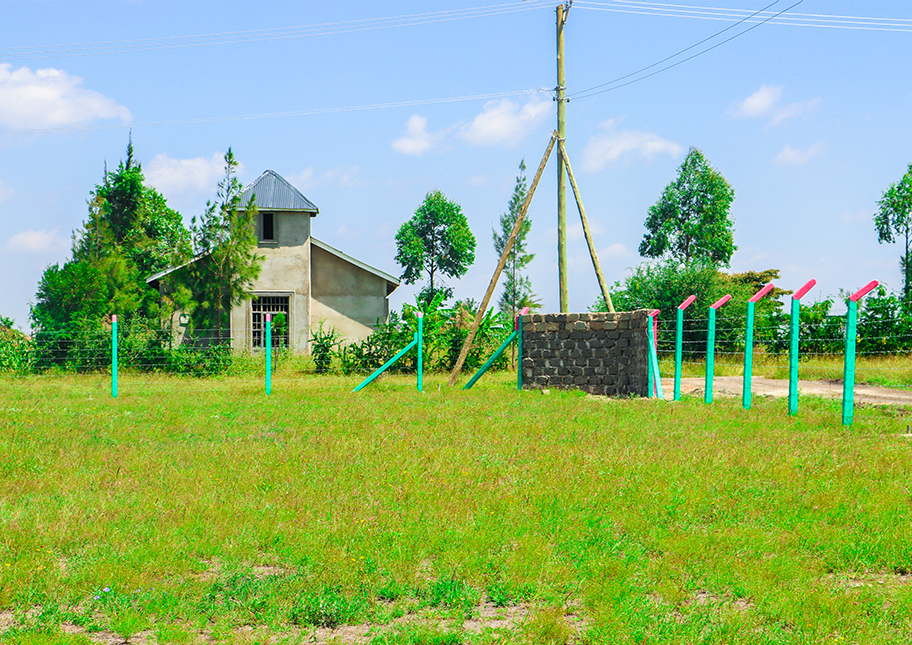In Kenya, one of the most critical aspects of land investment is ensuring that you make informed decisions when purchasing land. Conducting a thorough land search is an integral part of this process, providing valuable insights into the property's history, ownership, and potential legal issues. In this blog post, we'll guide you through the process of conducting a land search in Kenya, equipping you with the knowledge and tools you need to serve your clients effectively.
1. Understand the Importance of a Land Search:
Before diving into the process, it's essential to emphasize to your clients the importance of conducting a land search. A land search helps uncover any existing encumbrances, disputes, or irregularities associated with the property, mitigating the risk of future legal complications or financial losses.
2. Identify the Land Parcel:
The first step in conducting a land search is to accurately identify the parcel of land in question. This involves obtaining the land's specific details, including its location, size, and unique identifier, such as a plot number or title deed number.
3. Visit the Relevant Land Registry:
In Kenya, land records are maintained by the Ministry of Lands and Physical Planning through the Lands Registry. Depending on the location of the land, you'll need to visit the appropriate land registry office to access the relevant records.
4. Submit a Land Search Application:
To initiate the land search process, you'll need to submit a formal application to the land registry. This application typically includes details such as the property's identification particulars, the purpose of the search, and any supporting documentation.
5. Pay the Required Fees:
Land search services in Kenya are subject to fees, which vary depending on factors such as the type of search conducted and the urgency of the request. Ensure that you pay the required fees and obtain a receipt as proof of payment.
6. Wait for Processing:
Once your application is submitted and fees are paid, you'll need to wait for the land registry to process your request. The processing time can vary depending on factors such as the workload of the registry and the complexity of the search.
7. Review the Search Results:
Once the land search is completed, you'll receive a search report detailing the findings. Review the report carefully to identify any issues or discrepancies that may impact your client's decision to proceed with the purchase.
8. Seek Legal Advice if Necessary:
If the land search uncovers any concerning issues or legal complexities, it's advisable to seek legal advice from a qualified attorney. Legal experts can provide valuable insights and guidance on how to address any potential challenges effectively.
9. Provide Recommendations to Your Client:
Based on the findings of the land search, provide clear recommendations to your client regarding the feasibility and risks associated with the land purchase. Transparency and honesty are crucial at this stage to ensure that your client makes an informed decision.
10. Facilitate Documentation and Transaction:
If the land search yields satisfactory results and your client decides to proceed with the purchase, facilitate the necessary documentation and transaction processes to ensure a smooth and legally compliant transfer of ownership.
Conducting a land search in Kenya requires diligence, patience, and attention to detail. By following these steps and leveraging your expertise as a realtor, you can help your clients navigate the complexities of land acquisition with confidence and peace of mind. That’s why Topcare lands Kenya is in the first line to ensure that we follow this process for utmost Genuinity.



